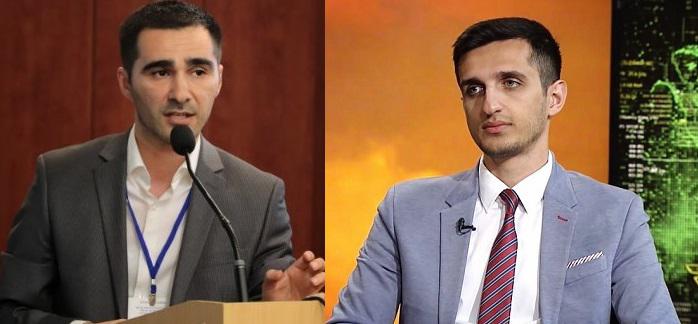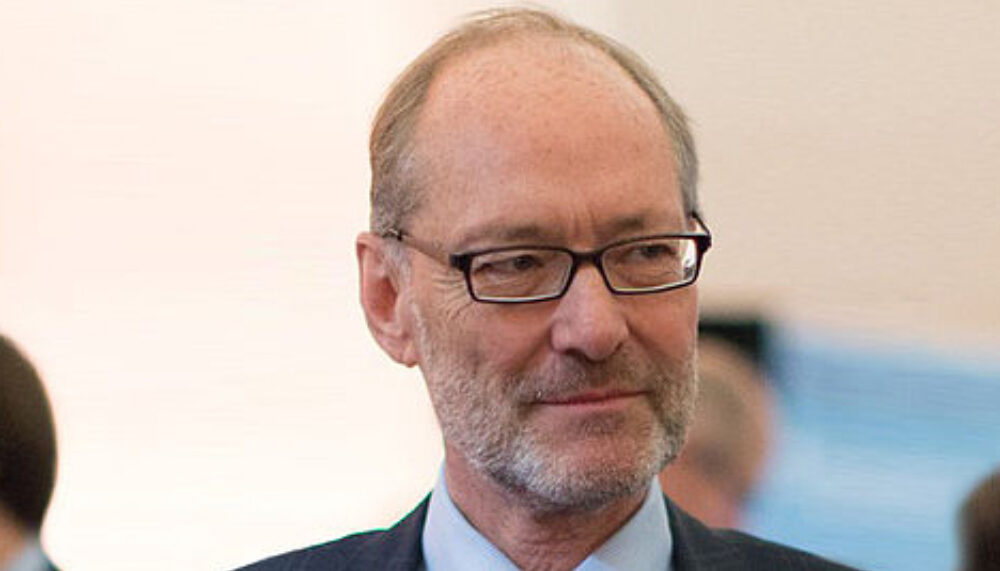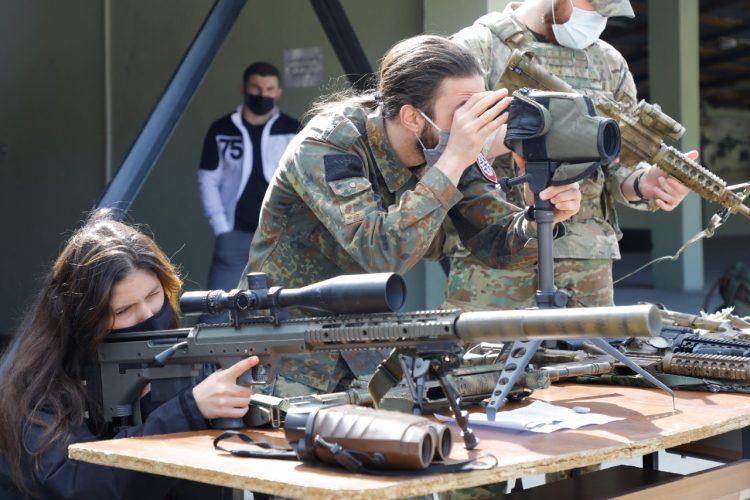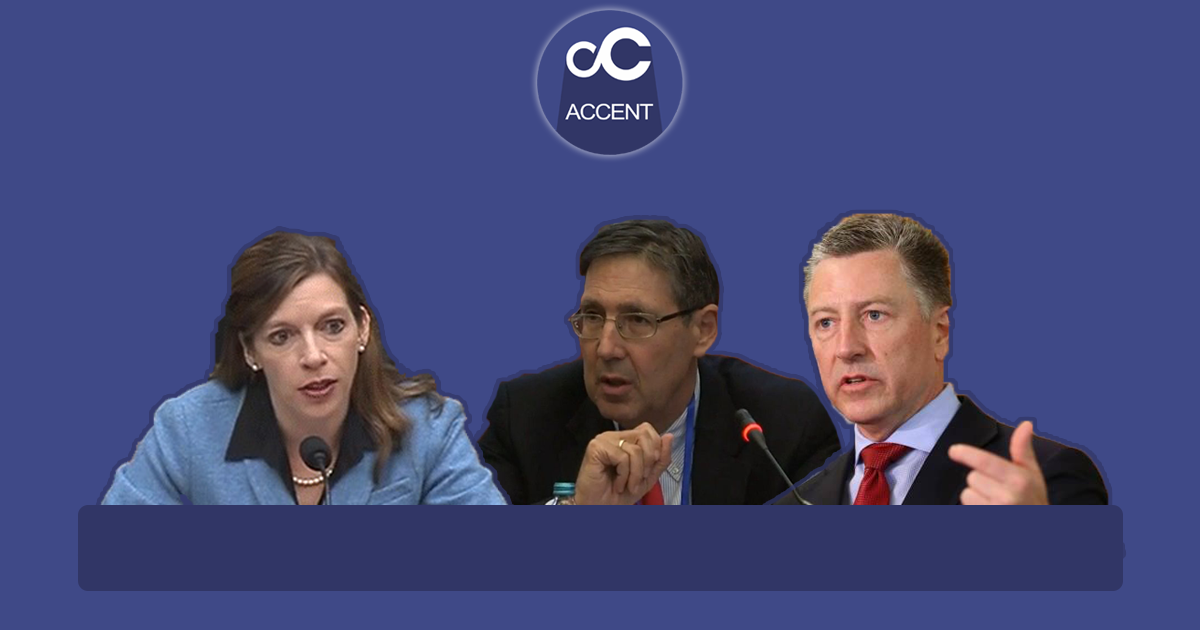
Analysts on Zarif's visit to Georgia – "A main objective is to push for an agenda that bets on an Iranian-Armenian-Georgian format"
26/01/2021 20:27:27 Analysis
Iran’s Foreign Minister Mohammad Javad Zarif will visit to Georgia on January 27 as part of his five-nation (Azerbaijan, Russia, Armenia, Georgia and Turkey) tour. Foreign Ministry Spokesman Saeed Khatibzadeh said that the top Iranian diplomat is scheduled to discuss bilateral issues, the latest developments in the Caucasus, joints projects and ways of promoting peace and stability in the region with his counterparts and other top officials of these countries.
It should be noted that on 10 December 2020 Turkish President Recep Tayyip Erdogan said he had discussed forming a six-country regional cooperation platform with his Azeri counterpart. Speaking alongside Azeri President Ilham Aliyev, Erdogan said “Armenia could participate in the planned regional platform along with Turkey, Russia, Iran, Azerbaijan and Georgia if it contributed to regional peace”.
On 11 December 2020 Georgia’s President Salome Zurabishvili said that “the country should regain its historic role as a unifier of the Caucasus.”
“The country needs a new approach, and given our neighbors and a new reality in the Caucasus region, Georgia needs to regain its historic role as a unifier of the Caucasus. In this regard we can think about the idea of a “Caucasus Peace Platform”, which will bring together the Caucasus countries, external actors and international organizations. Such a platform will facilitate the presentation and implementation of joint infrastructure, economic or cultural projects. It will also strengthen the potential of this region to play the role of transport, communication and energy HUB. Tbilisi must regain its place as a center for Caucasian identity and Caucasian studies. If we do not start this, many other candidates are already ready for doing this”, - Zurabishvili stated at the first session of the newly elected 10th national legislature of Georgia.
Georgia’s Foreign Minister Davit Zalkaliani later clarified that the president's words had been misunderstood and that "it is very difficult to talk about a common platform with a country that occupies 20% of Georgia's territory."
Rahim Rahimov, analyst for the Jamestown Foundation told the Accent "Javad Zarif’s tour includes Russia, Turkey, Armenia, Azerbaijan, and Georgia - all the nations of the six-party cooperation platform initiated by president Erdogan following the Second Karabakh War."
"Interestingly, while the West was left offside the related regional developments due to its self-imposed disengagement from the region, Iran was kept at bay despite its engagement in the South Caucasus region. So, Tehran feel absolutely dissatisfied with the reshaping situation in the region without Iranian involvement. And therefore, this tour is, first of all, designed to grope the post-war mood and feelings in the capitals of these nations, and explore whether or what kind of opportunities are available to adjust the situation in line with the Iranian interests. In this light, the visit is of exploratory character to form an updated, post-war bilateral or multilateral regional agenda for Iran," the analyst on Russia, the post-Soviet space and political Islam told the Accent.
As regards Zarif’s visit to Tbilisi specifically, according to Rahimov, Tehran will appeal to Georgia’s concerns over the trilateral deal’s provisions in particular those relating to regional transit lines:
"In my analysis of the developments, in this context Iran is interested to shape or enhance a trilateral partnership involving Armenia and Georgia. This may sound promising to Tbilisi under the current circumstances but Georgia has to register its western partners’ in particular USA’s position on the matter. So, if and how far Joe Biden Administration will go along with Iran will be a significant, determining factor. To sum up, a main objective of Javad Zarif’s visit to Tbilisi is to push for an agenda that bets on an Iranian-Armenian-Georgian format to counter-balance Russian, Azerbaijani and Turkish influences. This objective may be pursued under the guise of the six-party cooperation platform rhetoric though."
As he stated, yet that is not Georgian intention, It is the Iranian intention.
"And I believe that Javad Zarif will try to lobby for this idea in Tbilisi. And he will appeal to Georgia’s concerns over the new Armenia-Azerbaijan-Russia transit deal. But how Georgia will respond to the Iranian offer is unclear at this point. Tbilisi will have to consider American, European, and Turkish-Azerbaijani factors. As regards the potential benefits for Georgia, it may want to diversify its partnerships. Basically, for Iran it is rather about geopolitics but for Georgia rather about pragmatic economic and political considerations, In my view, for Georgia it would be more beneficial to try to engage with Armenia and Azerbaijan in a trilateral format. I think one Iranian objective may be to proactively address such scenario." he continued.
According to Rahimov, for Georgia it would be more beneficial to try to engage with Armenia and Azerbaijan in a trilateral format, because Georgia, Armenia or Azerbaijan more or less similar to each other as small states.
"Yet the trilateral Azerbaijan-Armenia-Georgia format would promote regionalism in South Caucasus, otherwise big powers will lead the region to falling apart from one another. And Georgia has a unique position due to its good relations with Armenia and Azerbaijan, so it can drive such trilateral local format, and Georgia's positive international reputation would help it to benefit from the new post-war situation as the driver of the trilateral regional engagements." he added.
Another analyst for The Jamestown Foundation, Fuad Shahbazov told the Accent that Minister Zarif's regional tour in the aftermath of the Karabakh war is indeed linked with the new geopolitical order in the South Caucasus.
"44-day long war and the victory of Azerbaijan have supposedly changed not only the political agenda but also intra-regional trade and economic cooperation. As we witnessed, during the war Iran has proved to be a non-key actor in the conflict and was quickly pulled out of the game. However, now Iran wants to benefit from the new geopolitical order. The ceasefire agreement opened new transit routes and corridors linking Russia-Azerbaijan-Turkey and Armenia. Therefore, Minister Zarif's tour should not come as a surprise particularly giving his statements like "Iranian companies want to participate in the rebuilding of Karabakh region." It is obvious that Iran is also interested in developing land routes both with Azerbaijan-Georgia on one side, and Armenia on the other." Fuad Shahbazov, who is mainly focused on Russian foreign and military policy, and the South Caucasus, told the Accent.
According to him, Iran apprehends the fact that the Nakhchivan corridor will negatively affect Iran and Georgia since Azerbaijan and Turkey gained a new land route, though it will benefit Russia a lot. "Iran is worried that the dependence of Azerbaijan and Turkey will be significantly decreased the importance of the Iranian territory as a "transit point," he added.
As Shahbazov said, for Iran the priority is now to offer another cooperation format with Georgia and Azerbaijan.
"And since Iran is an important regional actor, Turkey and Azerbaijan sought to appease Tehran to join a newly-introduced "six-party cooperation" platform," he continued.
"However, I am not optimistic regarding the participation of Iran in the format. Therefore, most likely Minister Zarif will discuss a new cooperation format with Georgia as well during his Tbilisi visit. Iran can discuss this format of cooperation but I do not think that it strives to be a part of it, since there is very little chance that Iran would economically and politically benefit," Shahbazov added.









